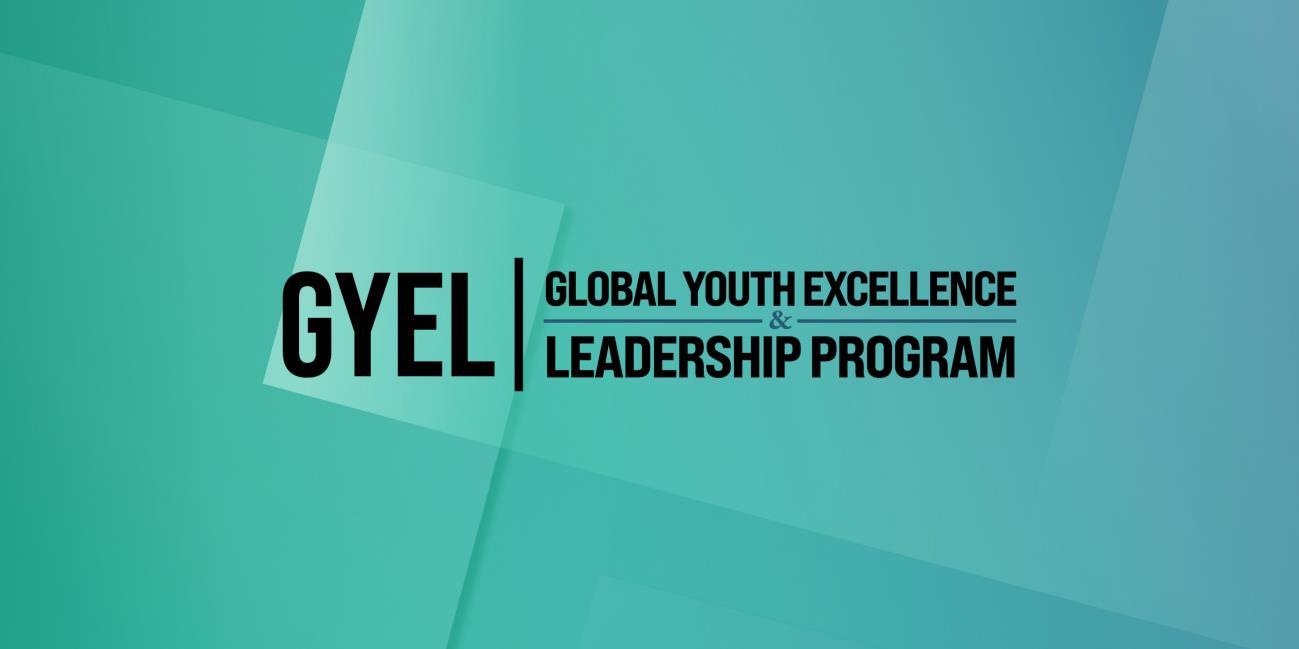Biography of GYEL

For over 75 years, the United Nations has been a beacon of hope, addressing the world’s most pressing challenges with unwavering commitment and fostering a brighter, more equitable future for all. The organization invites people from around the globe to explore its rich history, honor its achievements, and envision a future built on collaboration and transformative change. The UN’s efforts underscore the importance of unity and innovation in solving complex global issues.
The History: Building a Foundation for Peace and Cooperation
The United Nations was established in 1945, in the wake of World War II, as a collective response to the devastation wrought by global conflict. Its 51 founding member states were driven by a shared determination to prevent future wars, maintain international peace and security, and foster cooperation among nations. The UN’s foundational mission also included promoting social progress, advancing human rights, and improving living standards worldwide. These core principles have guided the organization’s work ever since, enabling it to adapt to new challenges and opportunities in an ever-evolving global landscape.

From its inception, the United Nations has tirelessly worked to uphold the values of human dignity, equality, and justice. The organization has consistently taken a proactive approach to preventing conflicts, aiding post-war recovery, and addressing critical global issues. Over the decades, the UN’s role has expanded to include combating poverty and hunger, promoting gender equality, and spearheading initiatives to mitigate climate change. This evolution reflects its enduring commitment to creating a more just and sustainable world.
The GYEL
At the heart of the United Nations’ mission to empower future generations is the GYEL. This multilateral initiative operates within the framework of the UN system, bringing together intergovernmental organizations, permanent observers, NGOs, and entities with consultative status in the UN Economic and Social Council (ECOSOC). GYEL’s primary goal is to foster leadership and excellence among global youth, equipping them to address the complexities of an interconnected world. For over a decade, the program has focused on preparing young individuals to become changemakers who can drive meaningful progress through strategic political and social initiatives.

The GYEL program represents a critical investment in tomorrow's leaders, ensuring that they are equipped with the skills, knowledge, and resources needed to tackle the challenges of the 21st century. By empowering youth to take active roles in shaping global solutions, the program underscores the United Nations’ belief that the next generation holds the key to creating a more inclusive and equitable world.
Building a Better Future Together
The United Nations recognizes that sustainable progress requires the active participation of young people as partners in change. Through programs like GYEL, the organization ensures that youth are not just passive recipients of development initiatives but are integral to the decision-making processes that shape their futures. By engaging young leaders in critical areas such as education, health, environmental protection, human rights, and technological innovation, the UN fosters a new generation capable of creating long-lasting solutions to global challenges. This collaborative approach highlights the transformative power of partnerships between generations in building a better future.

Global Partnerships for a Better World
The United Nations’ ability to address complex global challenges is rooted in its vast partnerships with governments, civil society, the private sector, and youth leaders. These collaborations are essential to mobilizing the resources, expertise, and innovation needed to achieve the UN’s goals. Central to this mission is empowering youth through initiatives like GYEL, which provides a platform for the next generation to lead. The UN ensures its efforts are inclusive and forwardlooking by creating opportunities for young people to shape global policies and solutions.
The organization’s commitment to fostering dynamic partnerships reflects its belief in the power of collective action to address issues such as health disparities, education inequality, environmental degradation, and human rights violations. Through these efforts, the UN continues to create opportunities for all individuals to thrive, regardless of their circumstances.

Sustainable Development Goals: A Global Call to Action
The Sustainable Development Goals (SDGs) are a cornerstone of the United Nations’ vision for a sustainable future. Adopted in 2015 by all 193 member states, the SDGs comprise 17 interconnected goals designed to address the world’s most pressing challenges by 2030. These goals focus on eradicating poverty and hunger, ensuring quality education, promoting gender equality, providing access to clean water and energy, and combating climate change. Each goal reinforces the others, emphasizing the importance of a holistic approach to development that balances social, economic, and environmental sustainability.
The SDGs reflect the UN’s commitment to leaving no one behind, prioritizing the most vulnerable populations, and recognizing that progress in one area often supports advancements in others. For example, achieving gender equality can improve education, health, and economic growth, creating a ripple effect that benefits societies worldwide. The SDG initiative is a universal call to action to build a fairer and more inclusive global community by mobilizing governments, civil society, businesses, and individuals.

